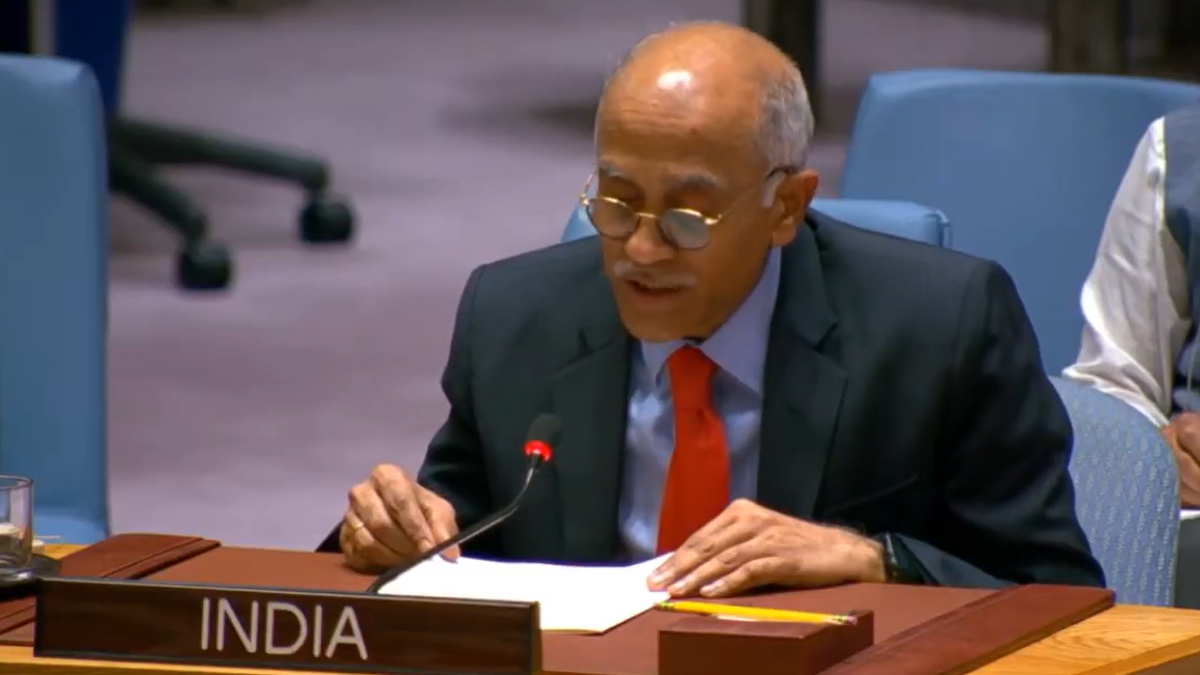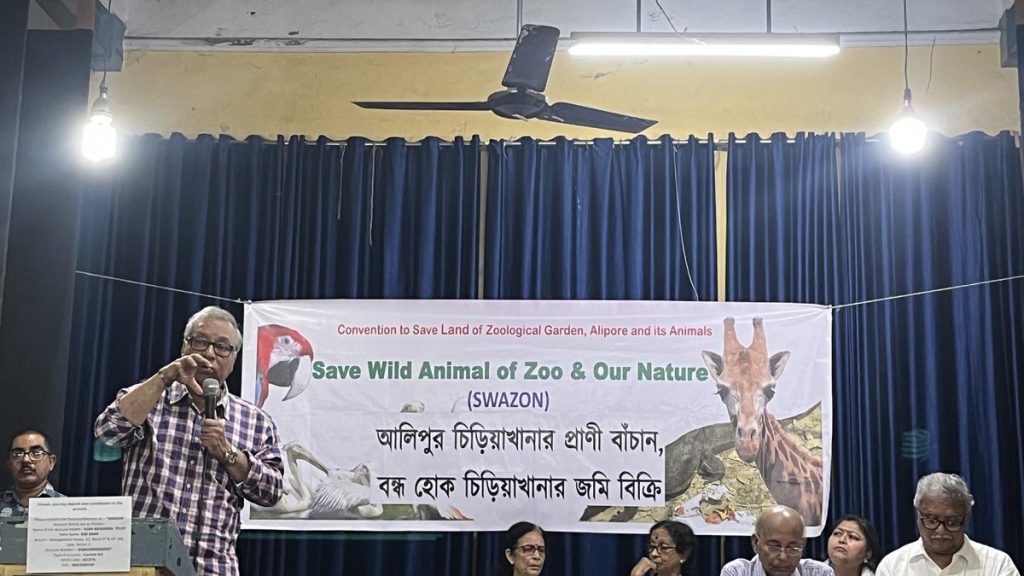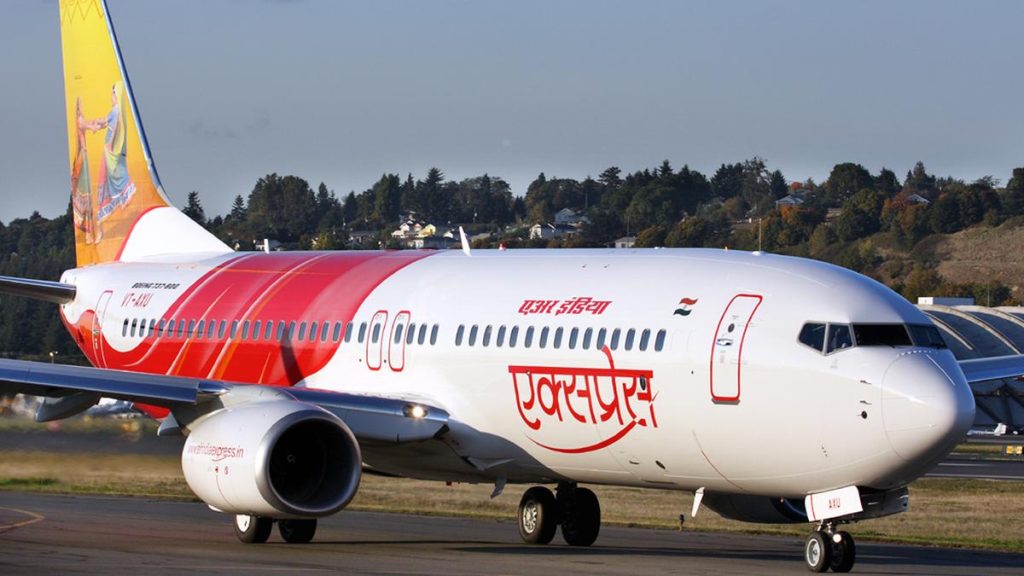Now Reading: India Highlights Pakistan’s Links to Extremism at UNSC Meeting
-
01
India Highlights Pakistan’s Links to Extremism at UNSC Meeting
India Highlights Pakistan’s Links to Extremism at UNSC Meeting

Quick Summary
- India addressed the United Nations security Council (UNSC) open debate, underscoring zero tolerance for terrorism and the need for consequences for nations promoting cross-border terrorism.
- India’s Permanent Representative to the U.N.,Ambassador Parvathaneni Harish,criticized Pakistan as a “serial borrower” and highlighted its support for terrorism following attacks in Pahalgam.
- The debate was presided over by Pakistan’s Deputy Prime Minister and Foreign Minister Ishaq Dar, who raised issues of Jammu & Kashmir and the Indus Waters Treaty.
- India had put the Indus Waters treaty in abeyance after Pakistan-linked terror groups claimed duty for recent cross-border attacks.
- Following a gruesome terror attack killing 26 tourists in Pahalgam, India launched operation Sindoor targeting terrorist camps in Pakistan and PoK with focused but non-escalatory military measures.
- The UNSC emphasized holding perpetrators of terrorism accountable while urging peaceful conflict settlement based on national ownership under Chapter VI of the U.N. Charter.
- Additional discussions touched upon multilateralism challenges at the UN including doubts about its representativeness. Mr. Harish cited India’s success in facilitating African Union membership in G20 as an example of multilateral progress.
Indian Opinion Analysis
India’s remarks at the UNSC reflect a strong articulation of its stance against state-sponsored cross-border terrorism, with explicit criticism directed at Pakistan-a point underscored following deadly events like the Pahalgam attack. While India’s focus on measured responses reaffirms its commitment to stability amid heightened tensions, decisions like placing bilateral treaties such as Indus Waters into abeyance signal an escalation rooted directly within security imperatives.
Moreover, India’s comments about transforming multilateral systems resonate amidst global concerns regarding operational efficiency and inclusiveness within bodies like UNSC. Advocacy around proportional representation could strengthen India’s broader geopolitical narrative advocating systemic reforms aligned with evolving realities.
The discourse also highlights pressing conflicts between international cooperation frameworks versus unilateral breaches undermining peace efforts-a balance central to regional stability affecting both immediate neighbors and broader global alliances alike.
























